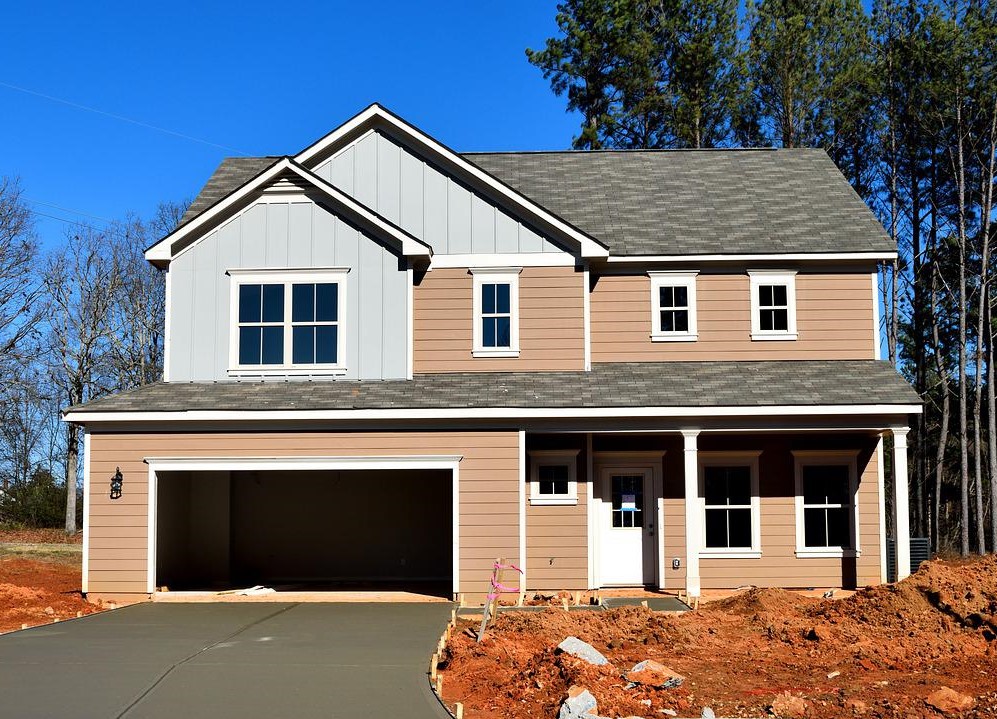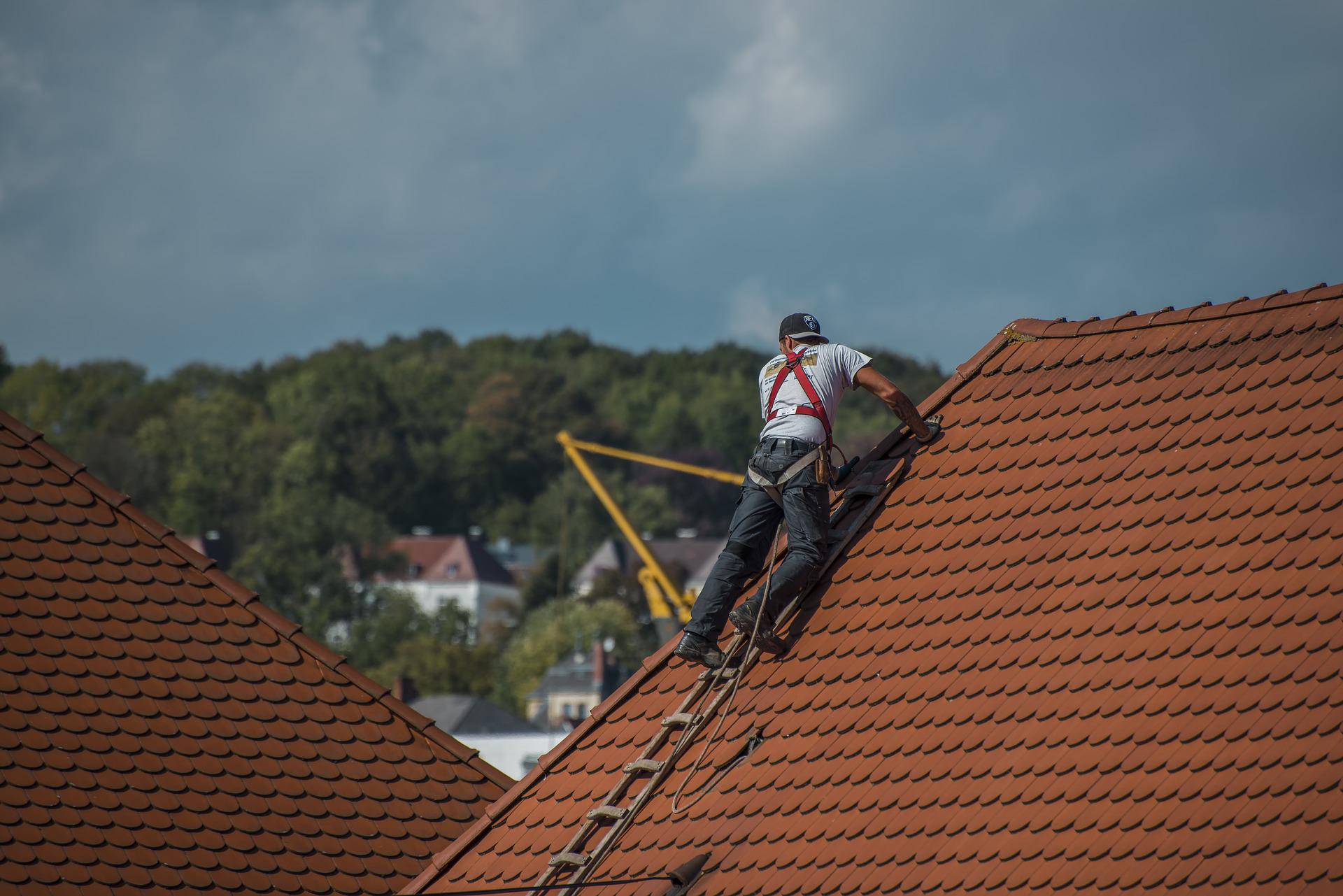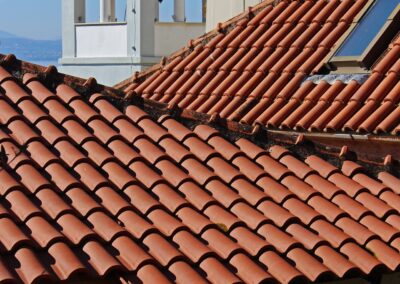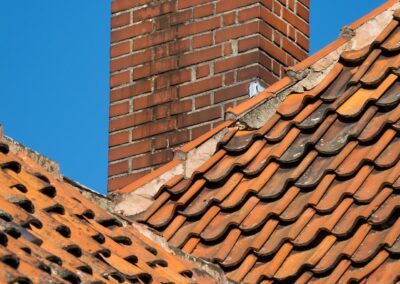What Are The Requirements For A Good Roof To Withstand Storm Damage
Get In Touch
There are several requirements that a roof must meet in order to be considered good. First, it must be able to protect the structure underneath it from the elements. This includes both direct sunlight and precipitation. Second, it must be able to withstand high winds without damage.Third, it must be fire resistant. Fourth, it should be aesthetically pleasing. Fifth, It should be made of materials that are durable and will not succumb to wear and tear easily. The roof should also be designed in a way that allows water and snow to drain off of it quickly, to prevent damage to the underlying structure.
A good roof will last for many years with proper maintenance. It is important to have a professional inspect your roof regularly to ensure that it is in good condition and does not need repairs.
What Is The Best Roof For Storms?
There is no definitive answer to this question since there are a variety of factors to consider when choosing the best roof type for a home in an area prone to storms. The most important factor is the wind speed of the area where the home is located. Homes in areas with high winds need to be built with hurricane straps and additional support. The type of roofing material is also important. Some of the things that should be taken into account include the severity of the weather, the amount of damage that has been seen in past storms, the age of the building, and the budget for the project. Some homeowners opt for metal roofs because they are durable and can withstand high winds. Ultimately, the best roof for storms is the one that best meets the needs of the homeowner.

In general, however, there are three main types of roofs that are most commonly used in storm-prone areas: asphalt shingles, metal roofs, and tile roofs. Each has its own benefits and drawbacks, so it’s important to weigh all of your options before making a decision.
Asphalt Shingles
Alfreton is a town in Derbyshire, England. The town has many prominent buildings, including churches, schools, and private residences. Many of these buildings have interesting roofs that are worth noting.
The most notable roof in Alfreton is probably the one on St. Mary’s Church. The church was built in the early 13th century and its roof is made of slate. The roof is decorated with several carved figures, including angels and saints.
Another notable roof can be found in the Town Hall. The Town Hall was built in 1856 and its roof is made of copper. The roof is adorned with a clock tower and weather vane.
There are also several private residences in Alfreton with interesting roofs. One such home is Ashleigh Manor, which was built in 1874. The roof of Ashleigh Manor is made of tiles and is decorated with a pattern of interlocking circles.
If you are interested in seeing some of the most notable roofs in Alfreton, Derbyshire, then be sure to take a walking tour of the town. You will be able to see all of the rooftops up close and learn more about their history and construction.
Metal Roofs
Metal roofs are a more expensive option, but they offer superior durability and resistance to high winds and hail. They’re also available in a variety of colours and styles, so you can find an option that complements your home’s aesthetic. However, metal roofs can be noisy during rainstorms and they may require special considerations during installation.
Tile Roofs
Tile roofs are a popular choice in storm-prone areas, thanks to their durability and resistance to high winds and hail. Tile roofs are also available in a variety of colours and styles, so you can find an option that complements your home’s aesthetic. However, tile roofs can be expensive to install and repair, and they may require special considerations during installation.
Which roofing material is best for storms will vary depending on the specific type of storm and the climate where you live. However, metal roofs and tile roofs are generally considered the best options for storms. If you’re concerned about storms in your area, talk to a roofing contractor to discuss which type of roof would be best for your home.
What Is The Purpose Of Roofs?
The purpose of roofing is to protect the building and its contents from the weather. It also provides insulation against heat and cold, and noise. In some cases, roofing can also be used to collect rainwater or snowmelt, which can be stored for later use.
Alternatively, roofing protects your home from the elements and keeps it safe and dry. It also adds to the aesthetic appeal of your home. Roofing materials come in a variety of colours, textures, and styles to suit any taste.

How Do You Prepare For A Storm?
The first thing you need to do is assess the situation. Is this a severe storm? What type of damage can it cause?
Once you have a good understanding of the storm, you need to start preparing your home and property.
If possible, secure or move anything that could be blown around or damaged by the storm.
Finally, charge up your phones and other electronics in case you lose power during the storm.
Any Special Advice Or Tips For A Successful Installation Of A Roof During The Storm ?
If you are looking to install a new roof during the storm, there are some special considerations that you need to take into account. First and foremost, you need to make sure that your roofing contractor is experienced in installing roofs during severe weather conditions. They should also have all of the necessary equipment and supplies on hand to ensure a smooth and successful installation.
Another important consideration is the type of roofing material that you select. It is important to choose a material that is durable and able to withstand high winds and heavy rain. Metal roofs are a great option for this type of installation, as they are very sturdy and can withstand a lot of abuse. However, if you live in an area where hurricanes are common, it is important to select a material that is hurricane rated. This will ensure that your roof can withstand the high winds and heavy rains associated with these types of storms.

When selecting a roofing contractor, it is important to ask for references and check their credentials. Make sure that they are properly licensed and insured. In addition, you should ask for a written estimate of the cost of the project. This will help you compare prices and services between different contractors. Be sure to get everything in writing so that there are no surprises down the road.
Once you have selected a roofing contractor, it is important to make sure that they understand your expectations. Discuss the installation process with them and make sure that they are clear on what you want. It is also a good idea to have a backup plan in place in case something goes wrong.
It is also important to be prepared for the weather. If you are installing a roof during the winter, make sure that you have snow and ice removal equipment on hand. In addition, you should make sure that your contractor is aware of any potential issues that could arise during the installation process.




